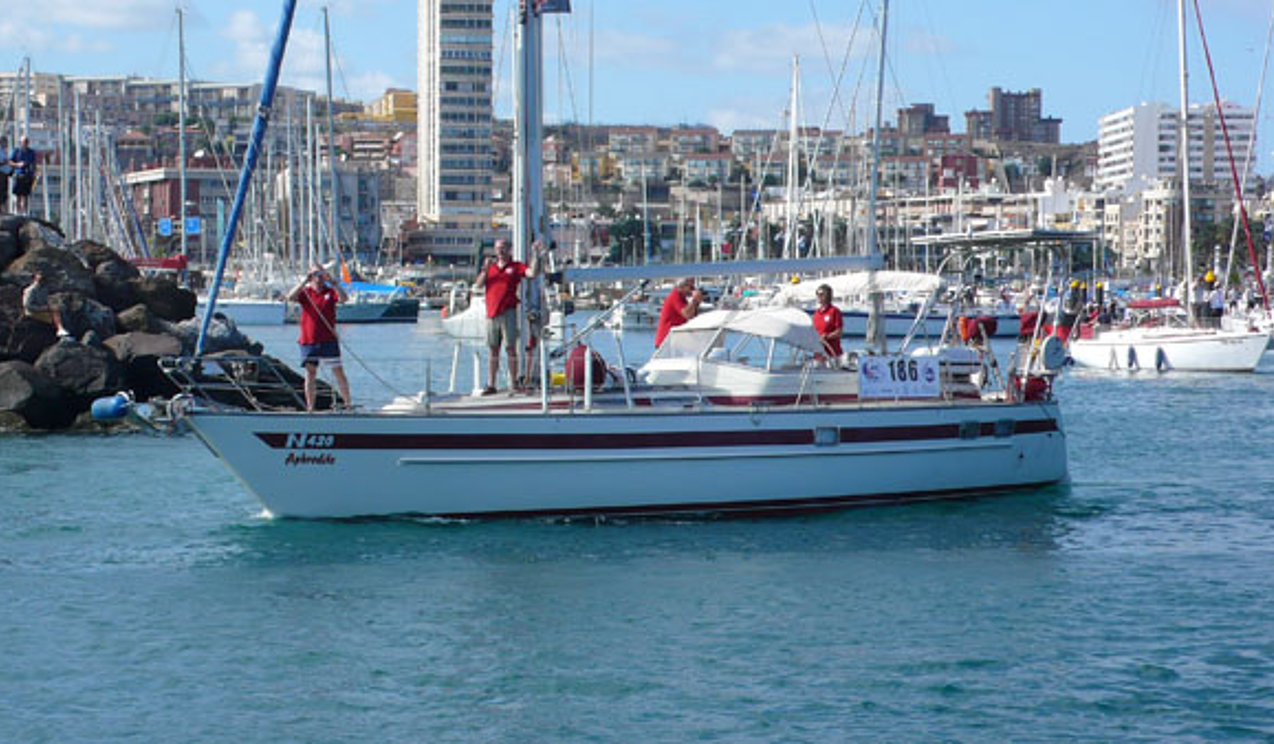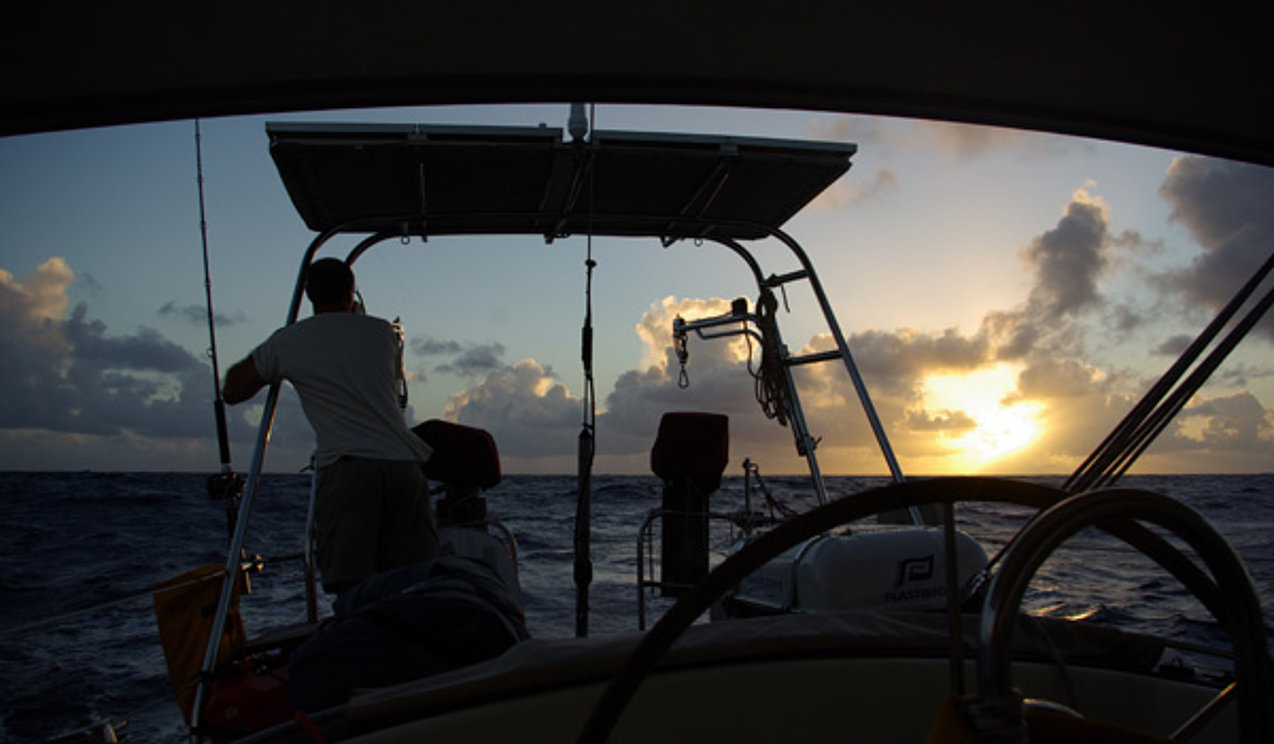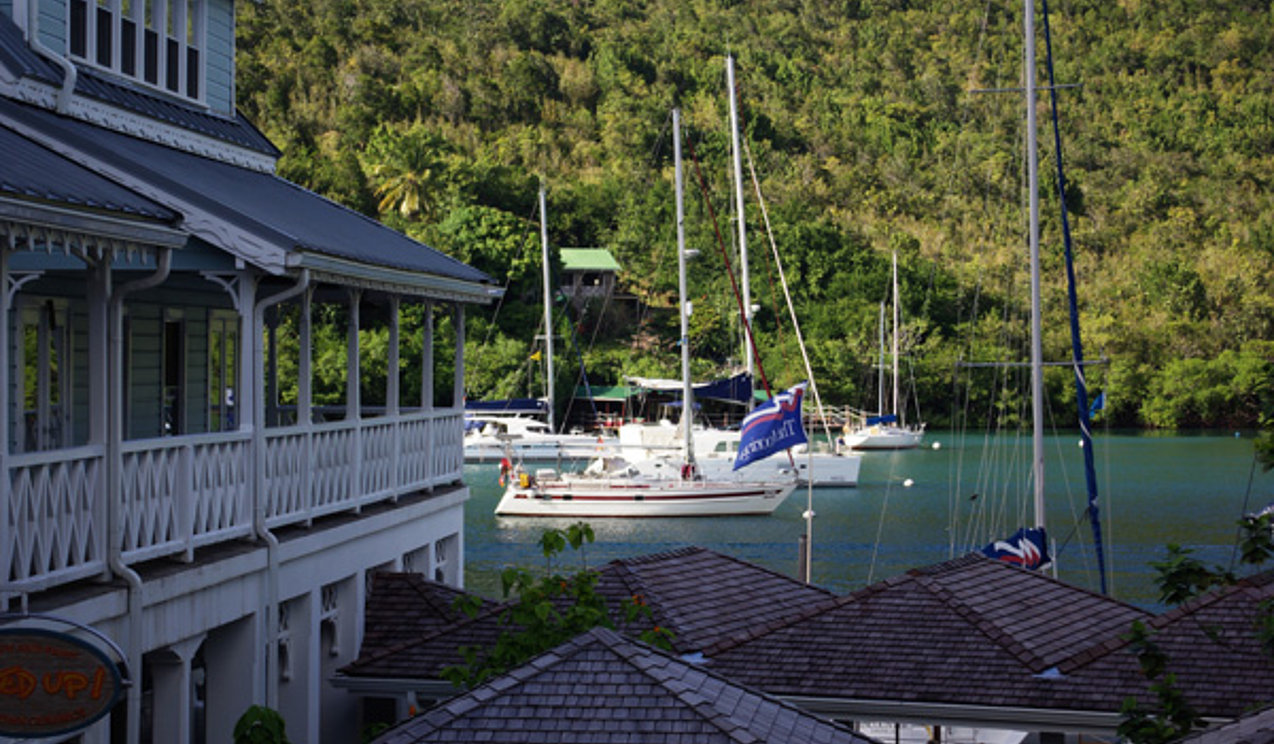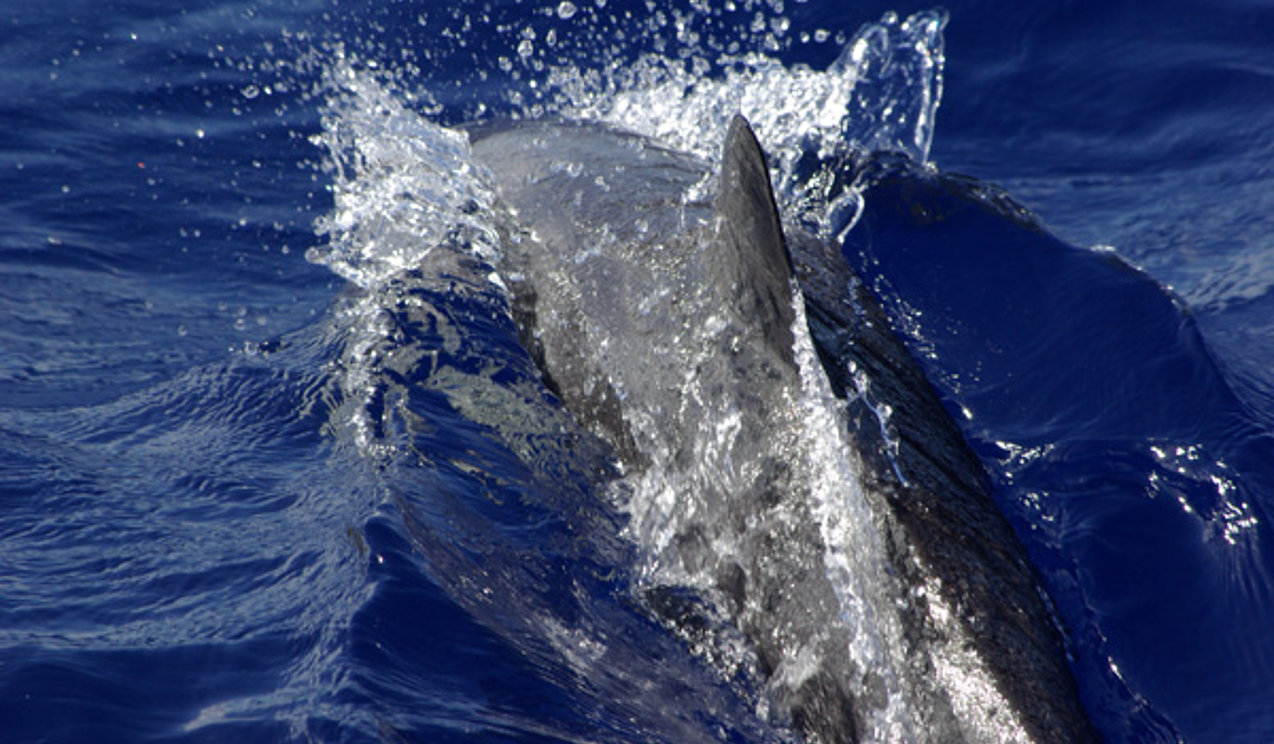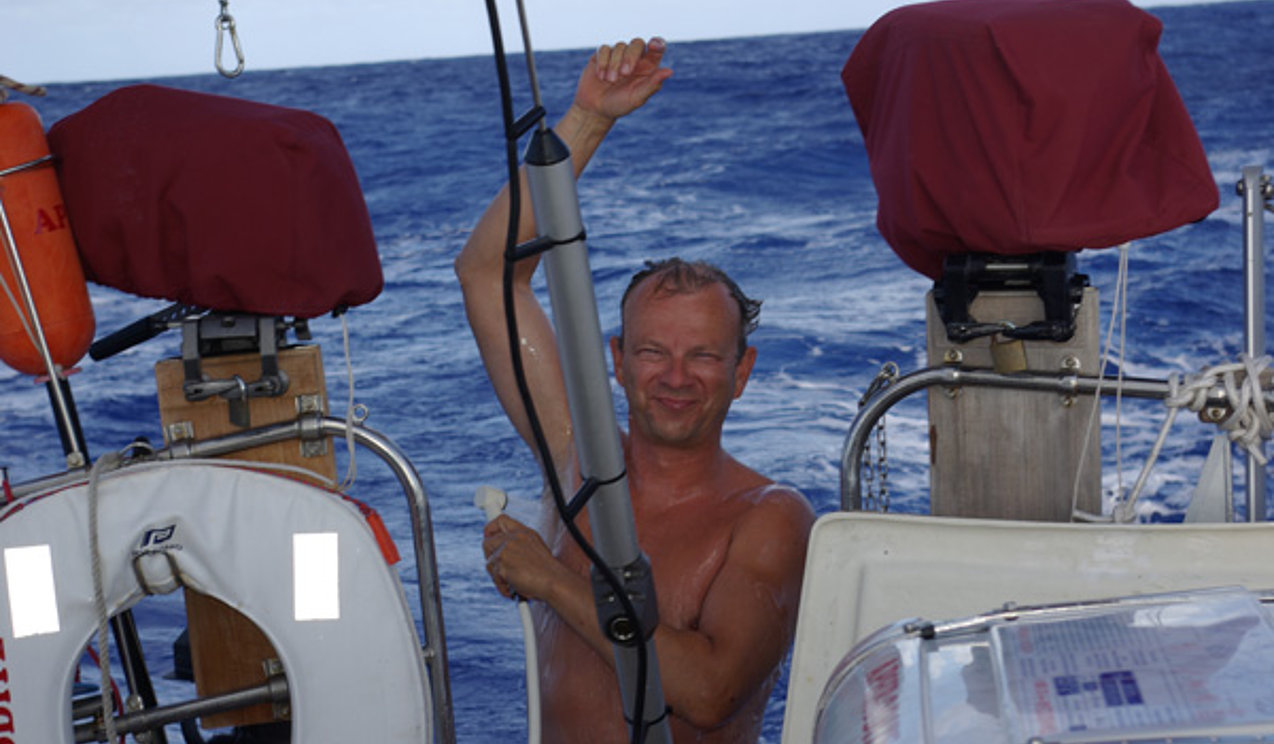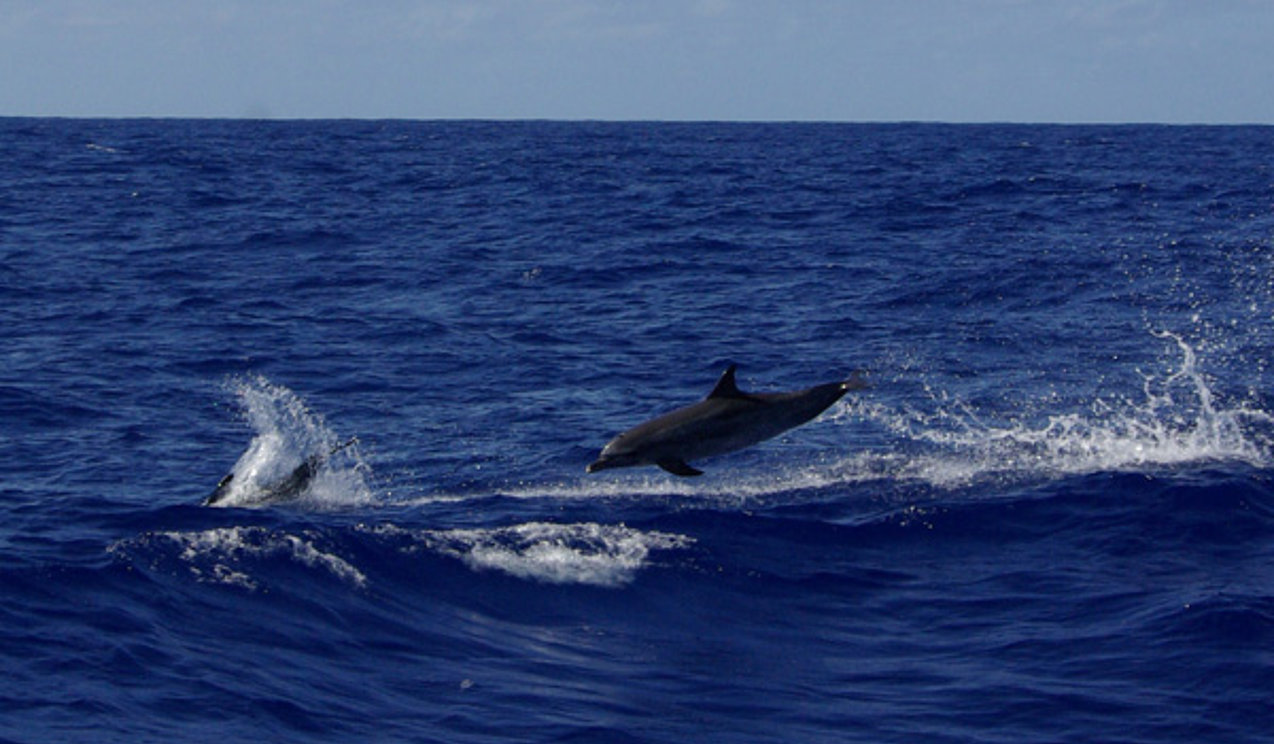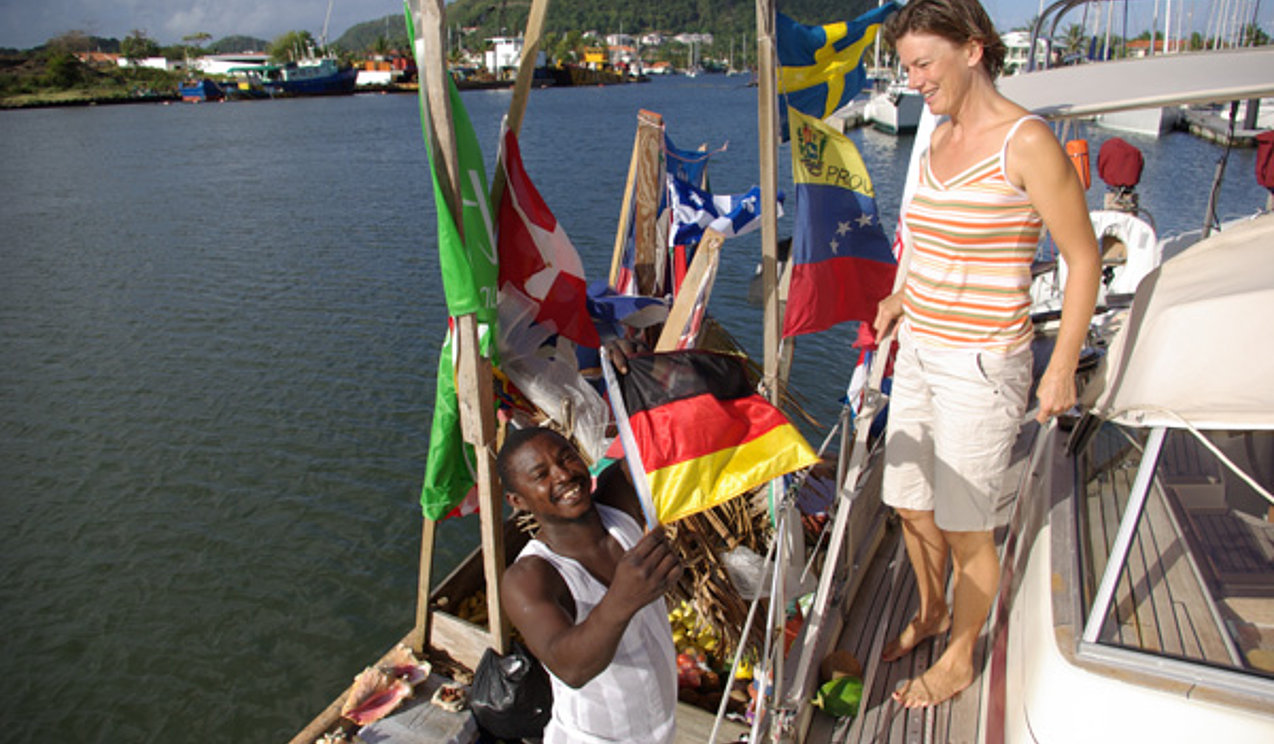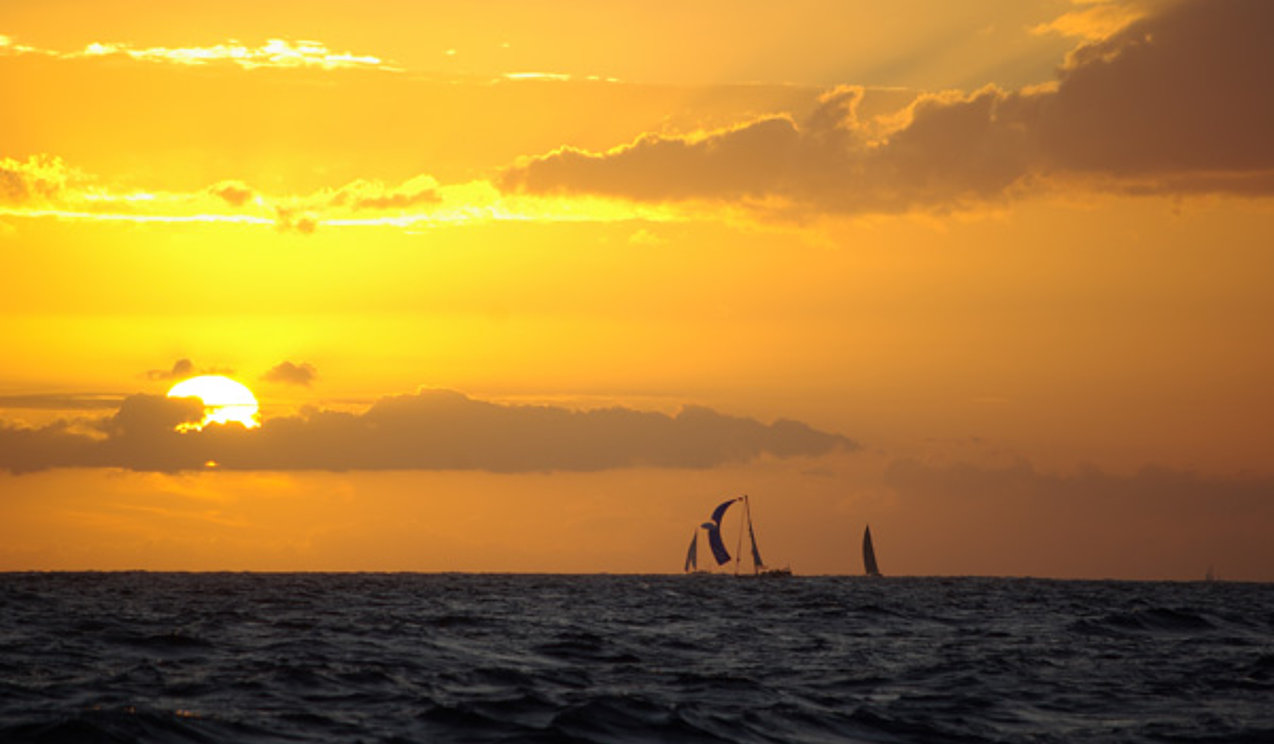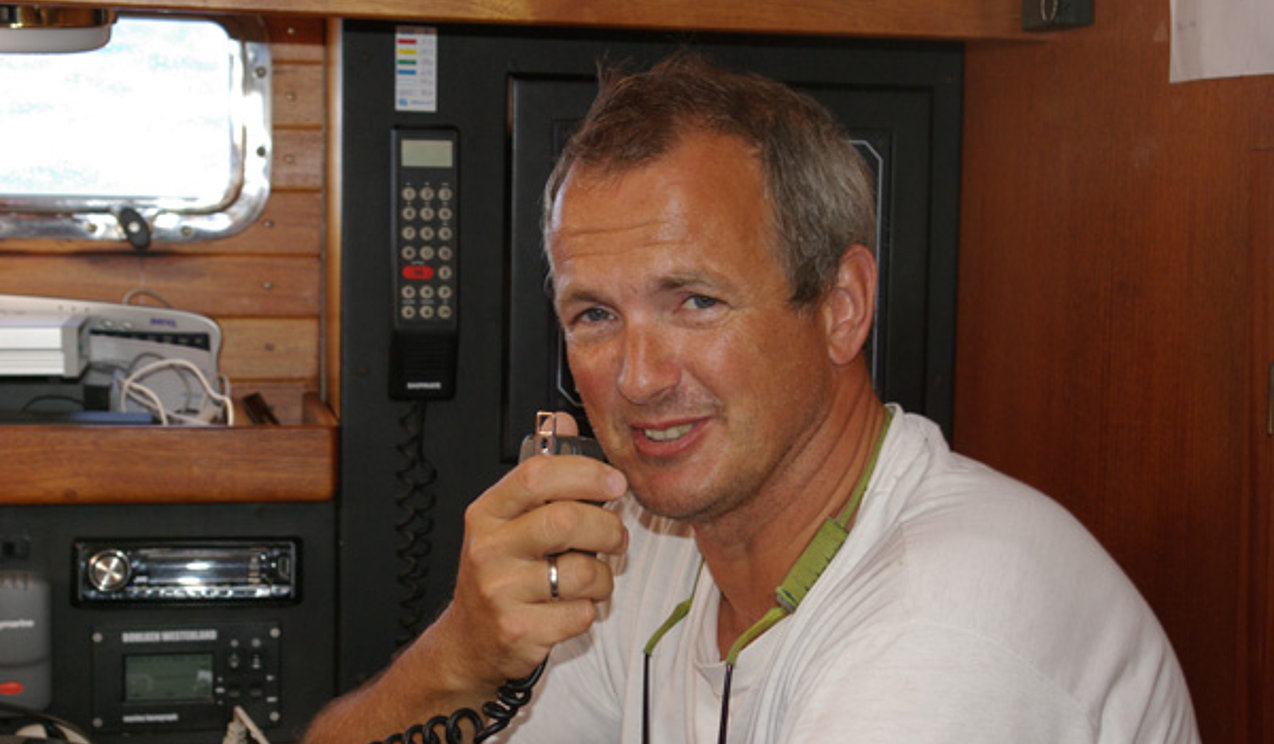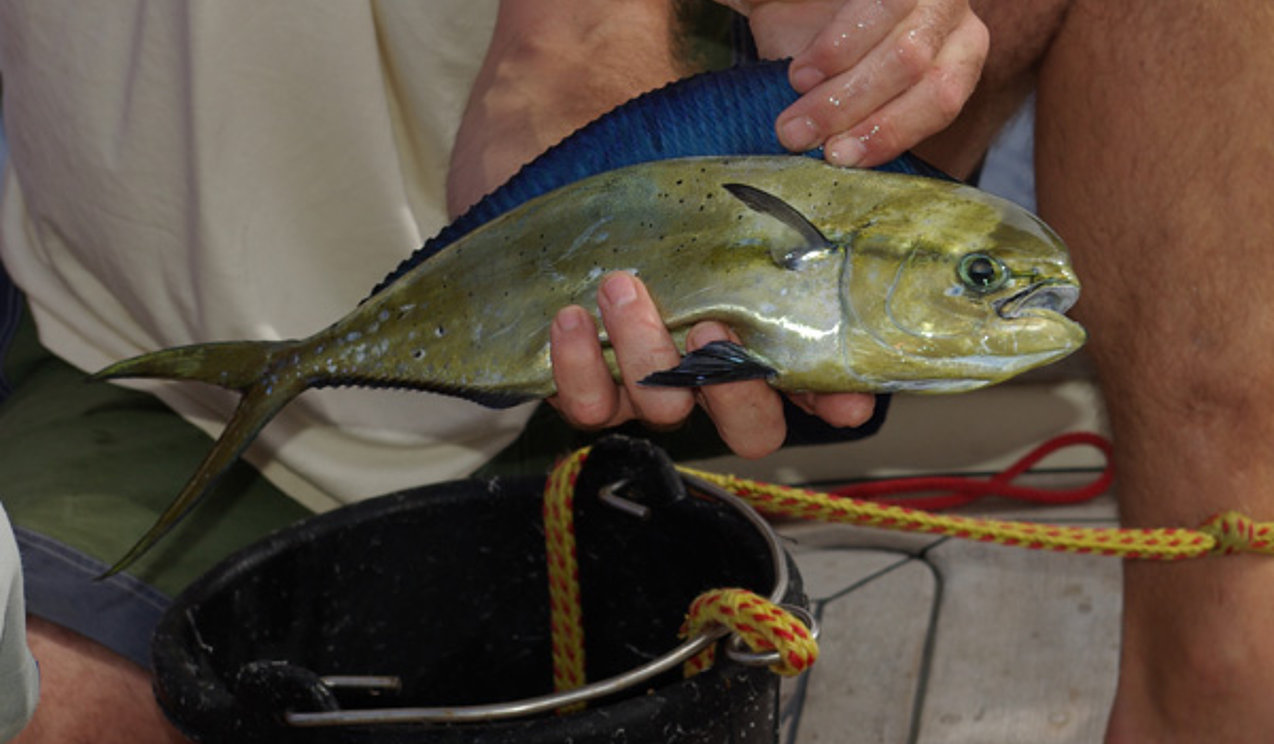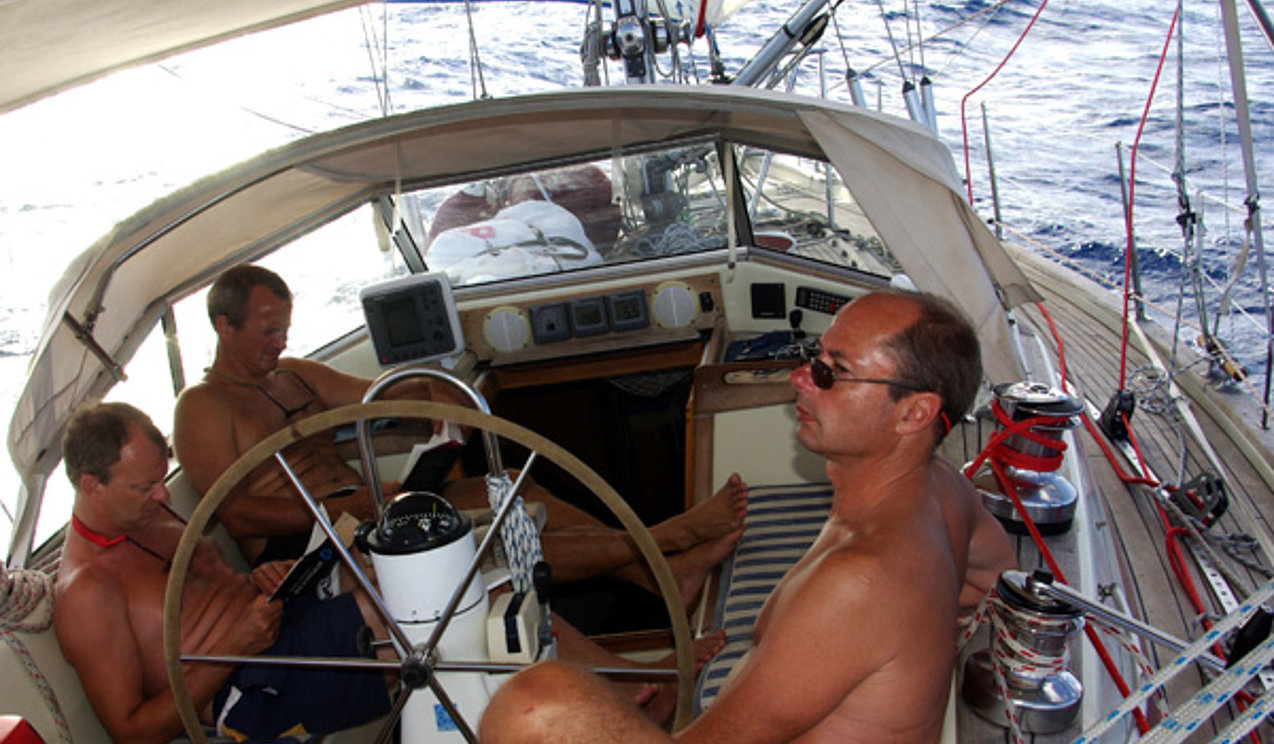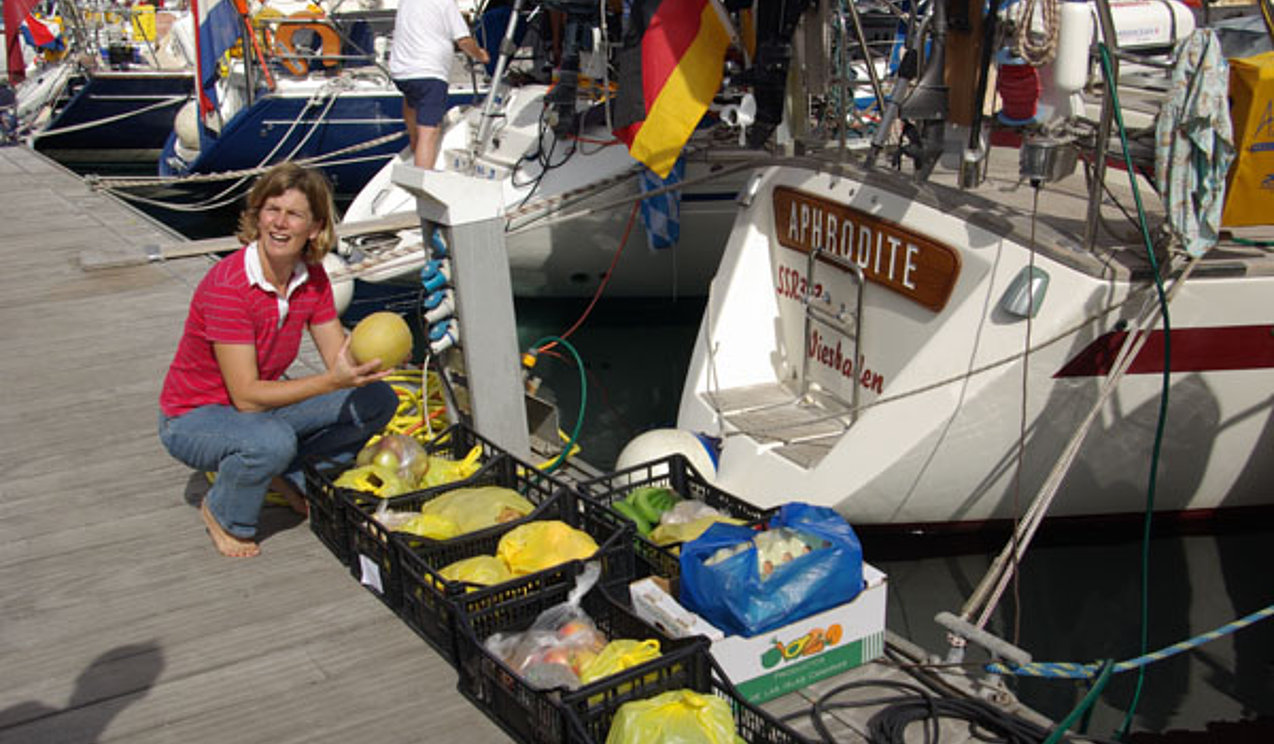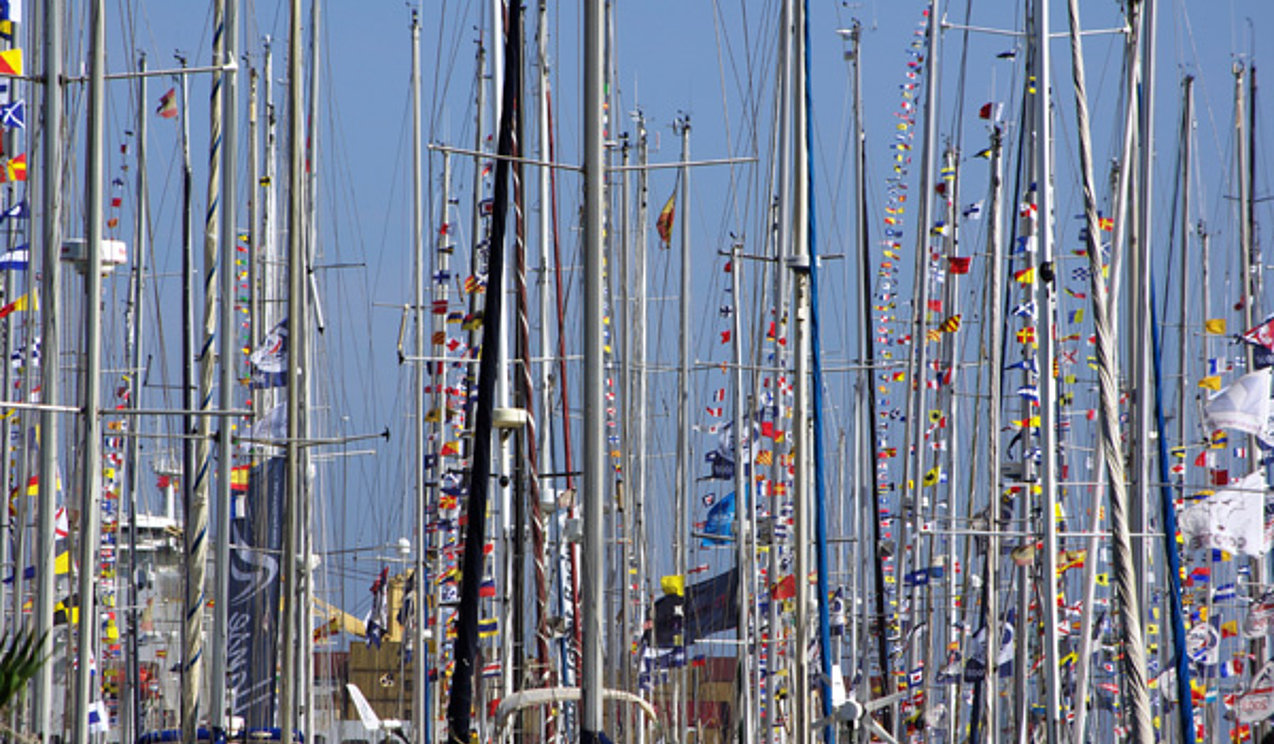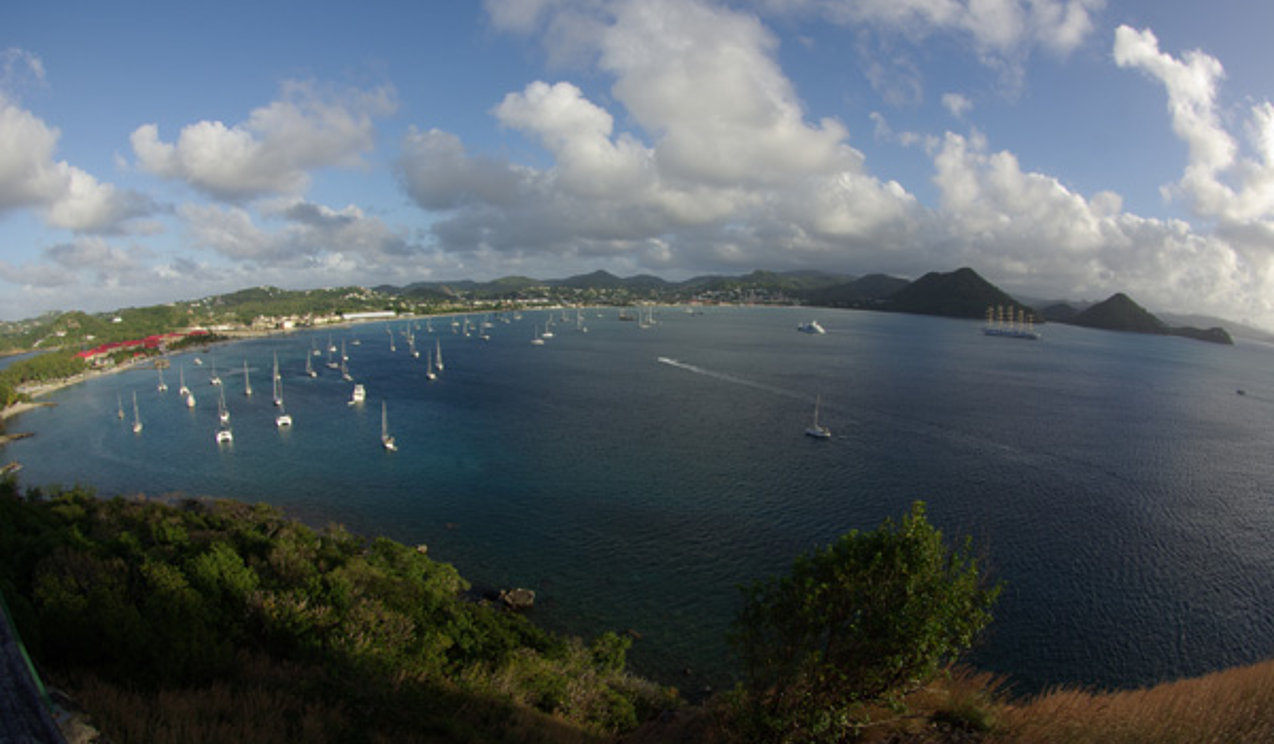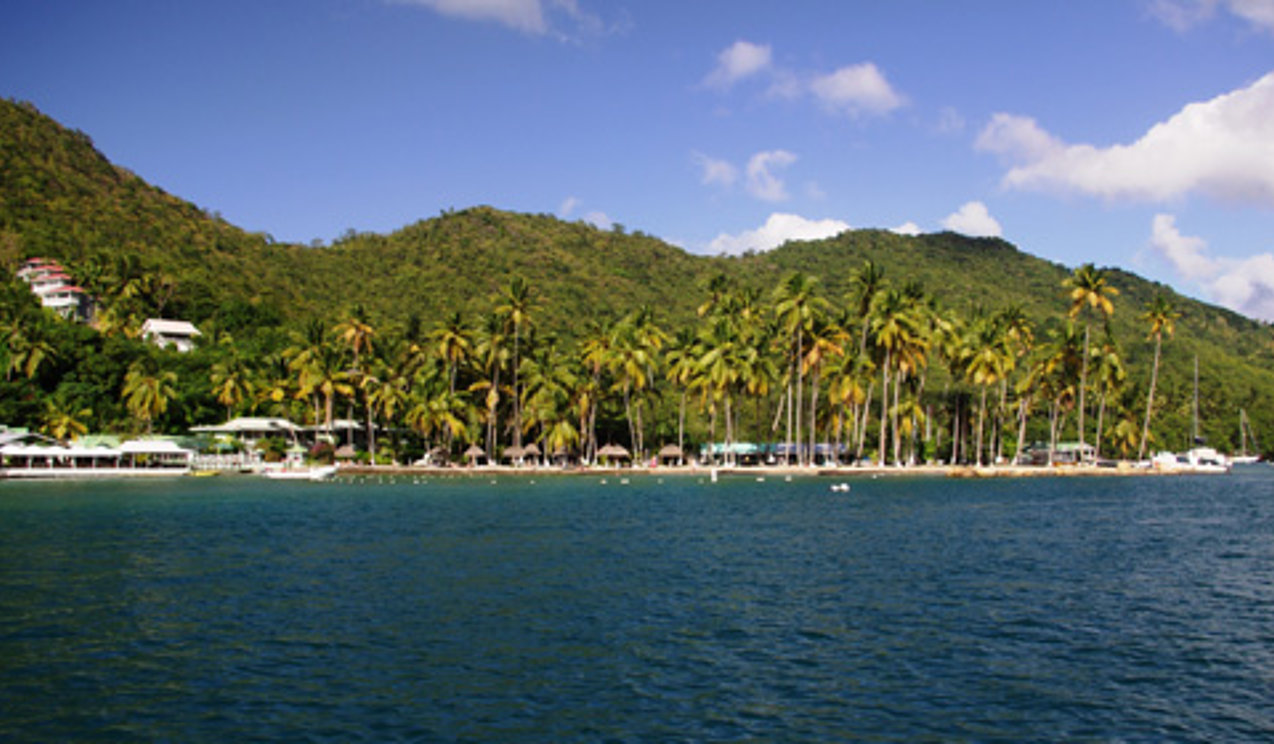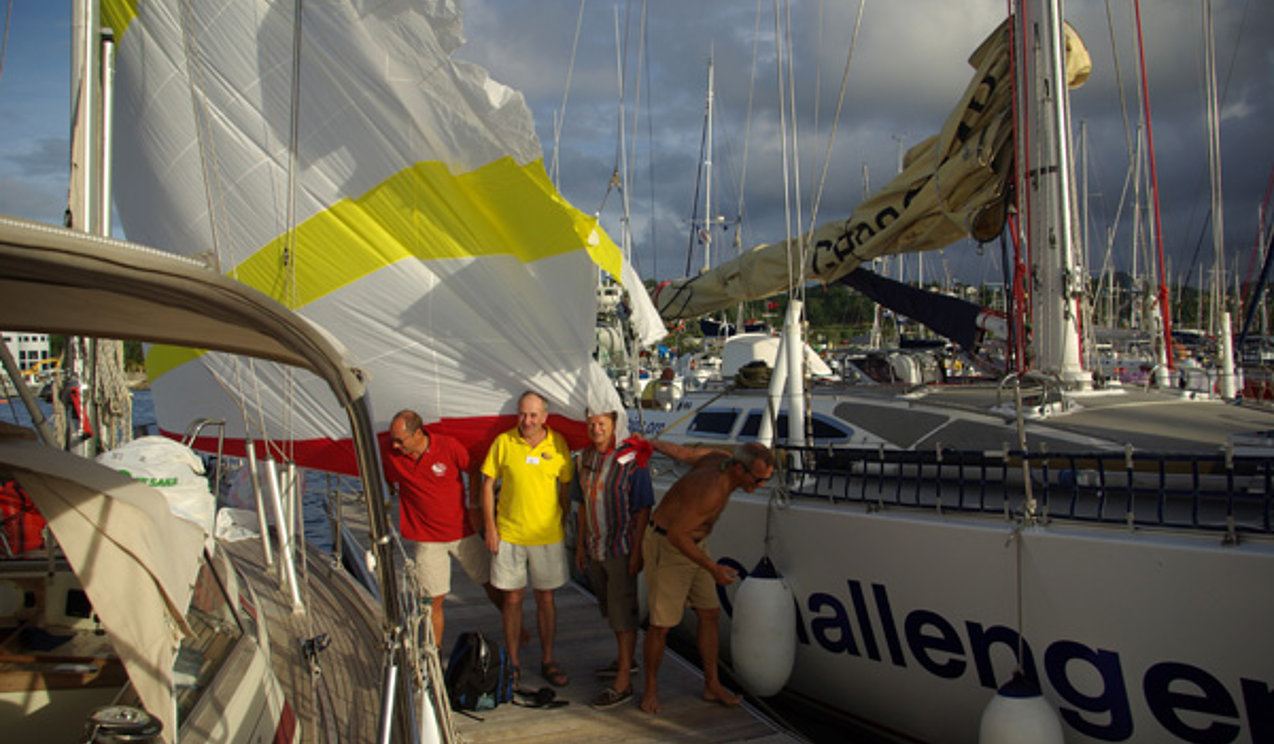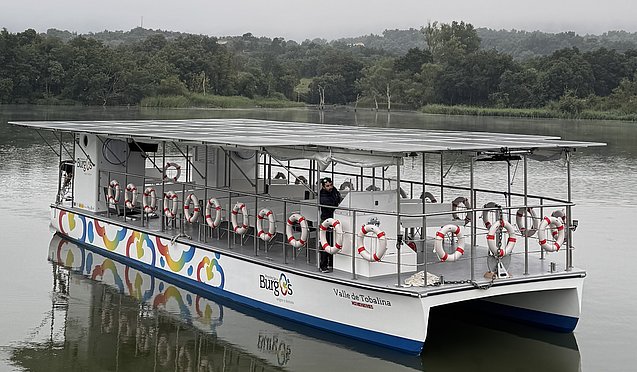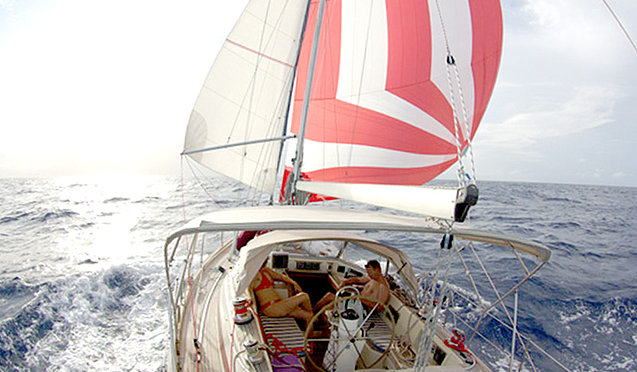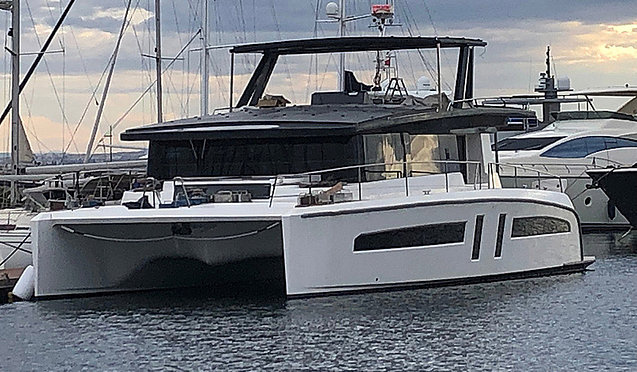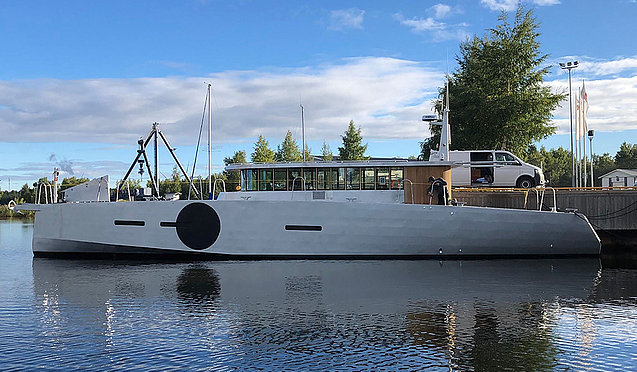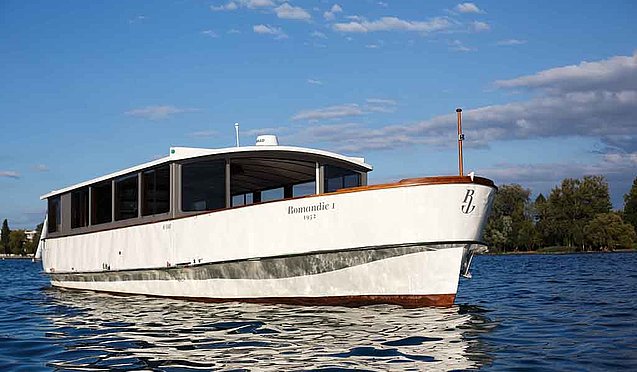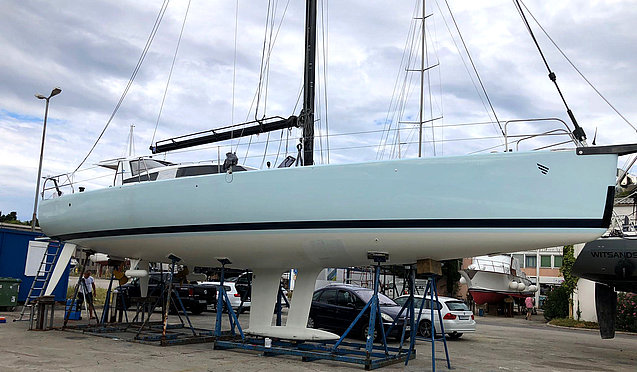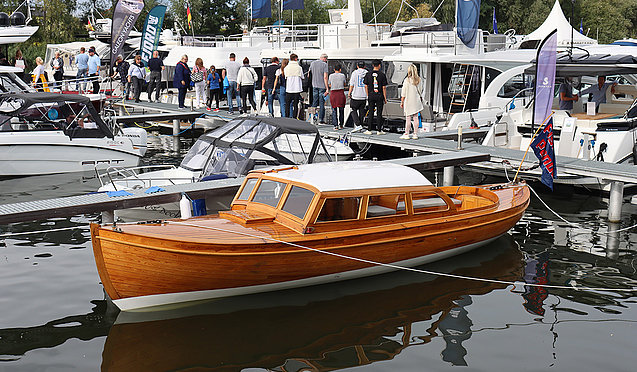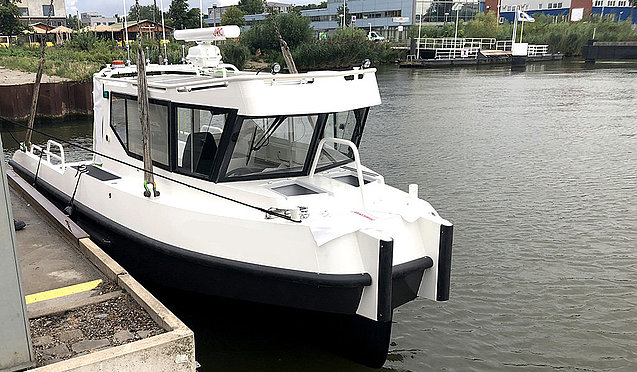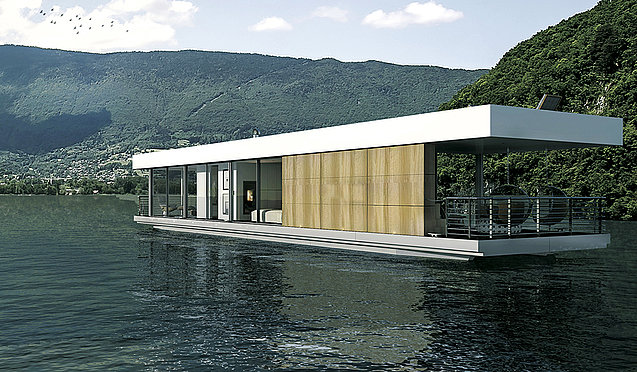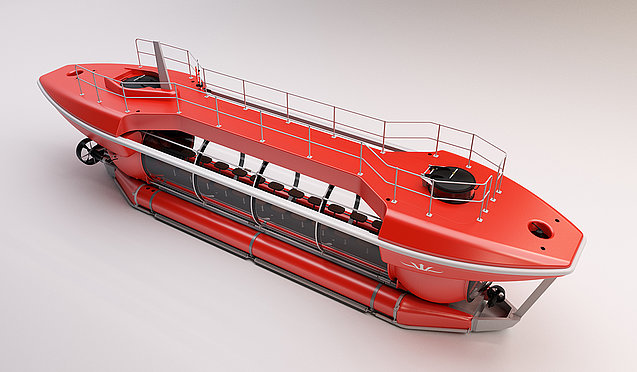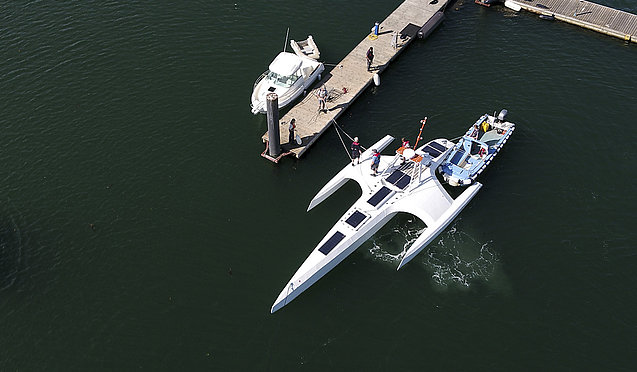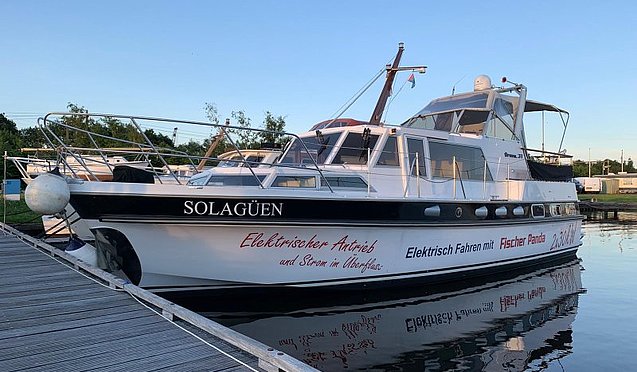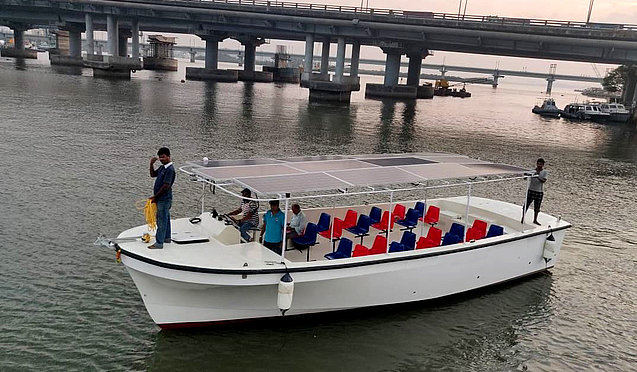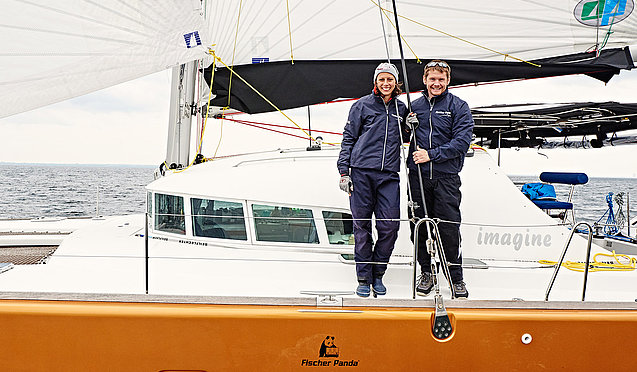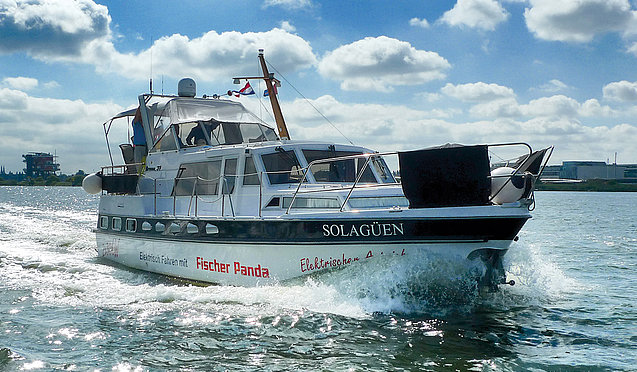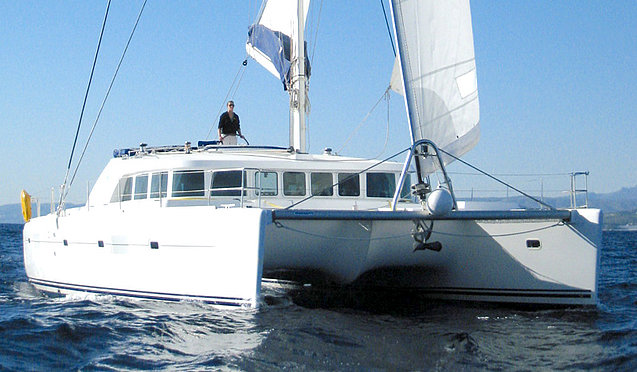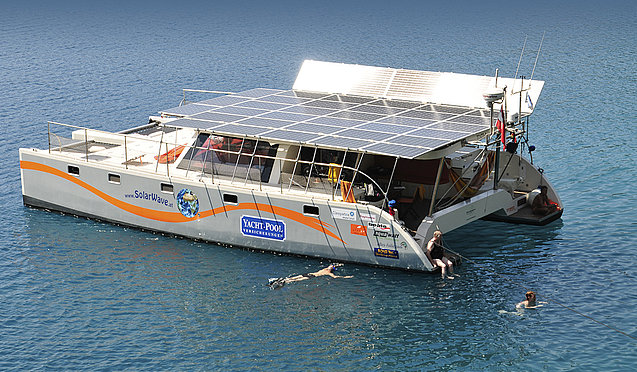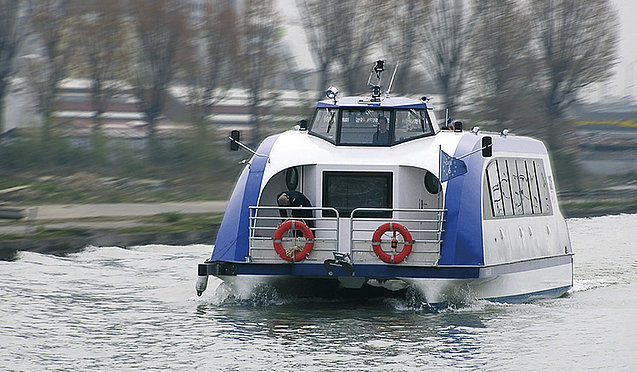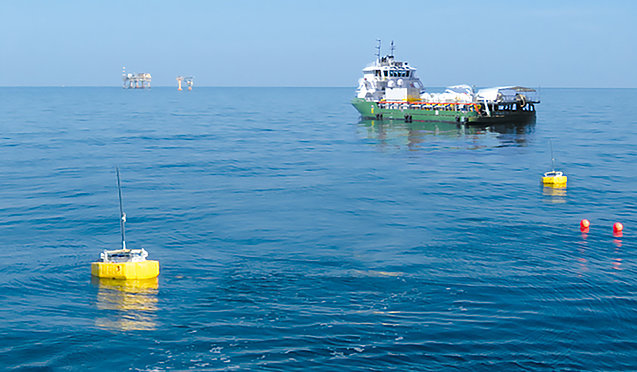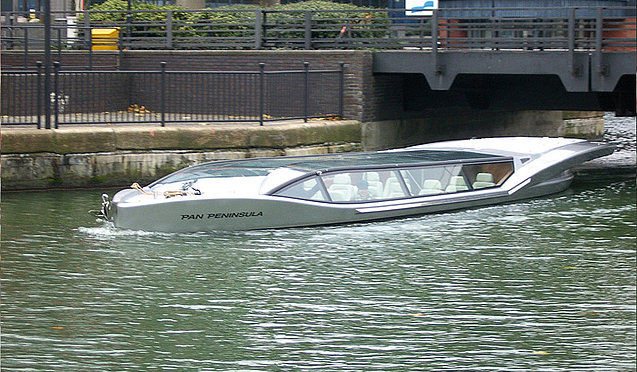Technology that holds back so nature can lead
A solar-powered catamaran in Spain’s Montes Obarenes Natural Park brings together low-impact mobility and environmental responsibility. Silent, emission-free and low-maintenance, made possible with technology from Fischer Panda. For tourism that stays, without leaving a trace. In the Spanish province of Burgos, the operators of a passenger catamaran asked themselves what remains when tourism moves on – and found an electric answer. From the very beginning, the objective was clear: to protect the fragile river ecosystem, meet legal requirements and ensure long-term functionality. Not as a compromise, but as a future-facing investment with purpose.
What remains when tourism moves on? A decision made for nature with responsibility and foresight
What if visitor numbers weren’t the only metric but what’s left behind? In the Spanish province of Burgos, the operators of a passenger catamaran asked themselves exactly that. And they found an electric answer. From the very beginning, the objective was clear: to protect the fragile river ecosystem, meet legal requirements and ensure long-term functionality. Not as a compromise, but as a future-facing investment with purpose. The choice of a fully electric propulsion system was not about style. It was about long-term thinking. Operating in a protected natural zone, the project had to meet strict regulatory and environmental criteria and live up to the team’s own convictions. Noise, emissions and wake turbulence were to be avoided. The result is a system that runs silently, requires no shoreside infrastructure and integrates with minimal impact to the surrounding landscape.
Technically viable, economically sound, socially relevant – and in harmony with the landscape
This project set out to prove that sustainable tourism can be technically feasible, economically viable and socially meaningful. Confidence in the system solution and the expertise of the partners played a decisive role. Supported by public funding, the implementation was both forward-looking and practical. The result is a daily operation that performs reliably, ecologically and economically. Each day, the solar-powered catamaran glides through the Montes Obarenes Natural Park in northern Spain, departing from Valle de Tobalina in the province of Burgos. A region known for its ecological diversity and rising popularity as a nature tourism destination. During summer, visitor numbers can reach twenty times the number of local residents. Hiking trails, climbing routes, gorges, medieval towns and rich biodiversity draw people from across the region. This catamaran was designed to address the rising influx of visitors without degrading the natural environment. Quiet, emission-free and wave-neutral, it creates a sustainable link between tourism and conservation. A new form of mobility that blends into the environment rather than disrupts it. And a model with potential far beyond this one location.
A restaurant as the home port and two Fischer Panda direct drives as the system’s core
All tours start and end at the Bar Restaurante Embarcadero, located directly on the River Ebro. Owned by the same family who operates the catamaran, the restaurant is more than a popular dining spot. It is the heart of the project. From here, passengers begin a silent journey through protected river landscapes. No engine noise. No exhaust. No waves. The experience speaks for itself precisely because it doesn’t need spectacle to be memorable. The catamaran is powered by two Fischer Panda electric shaft drives, one per hull. Each motor delivers 20 kW at 48 volts. With permanent magnet technology, the drives generate 160 Nm of torque at 1,200 rpm. Quiet, vibration-free, yet powerful. Weighing just 58 kg per unit, these drives are compact, durable and provide full torque directly at the propeller shaft instantly and reliably.
Water-cooled, low-maintenance and fully integrated – with a solar roof as energy source and shade provider
The motors are installed directly in the hull, housed in a double-walled, water-cooled aluminum casing with an integrated thrust bearing. No oil is required for cooling and there is no gearbox. A clear advantage in daily operation. Integration into the onboard network is handled via CAN bus. The result is a drive system that performs powerfully while staying in the background. Quiet, efficient and dependable. Forty solar panels mounted on the catamaran’s roof charge a 60 kWh battery bank from MG Energy. They do more than power the propulsion. They also shield guests from direct sun exposure. Thanks to the region’s high solar yield, the system consistently generates more energy than it consumes, even in peak summer. The vessel remains fully autonomous and operational all day long.
Gentle technology felt by animals, water and landscape – and a quiet system that sparks conversation
With its silent electric operation, the catamaran avoids propeller turbulence that could disturb sediment layers and shorelines. Nesting birds, otters and amphibians are left undisturbed. Moving through the river becomes a proactive act of habitat protection. In this system, technology supports nature rather than competes with it. What doesn’t happen is what matters. No noise, no waves, no emissions. But there is presence, care and respect. The effect is noticeable. “The system is so quiet we intentionally leave the fenders in the water so passengers hear at least some sound, the gentle splash of water,” the captain explains. The solar panels also catch attention. “Guests often ask where the electricity goes. That always starts a conversation about electromobility,” the owners add. Visible technology encourages curiosity and creates space for dialogue on sustainable energy.
Designed as a complete system, implemented with partners – and a business model with ecological and economic foresight
The full system architecture was co-developed with Omega Grey. From Fischer Panda’s electric drives and battery integration to photovoltaic components, all elements were tailored to work seamlessly together. The components don’t operate in isolation but as a smart, integrated unit. ONE FISCHER PANDA stands for integrated systems, technical reliability and centralised responsibility. Not just in development, but also in long-term support. This system solution is transferable to many other use cases such as riverboats, passenger ferries or any vessel operating in ecologically sensitive regions. The vessel’s self-sufficient design saves not only emissions, but also operating costs. No fuel logistics. No grid connection. Minimal maintenance. The battery is charged via solar power, shore power is rarely needed. Public funding supported implementation, making this model particularly attractive for tourism regions ready to lead on sustainability rather than just demand it.
A gateway to nature that leaves nothing behind
The River Ebro remains a living experience without leaving traces. This catamaran proves that sustainable tourism is possible when technology supports rather than dominates the environment. Two Fischer Panda electric shaft drives provide the necessary propulsion. Silent, emission-free and tailored to the region. Choosing this system was not an experiment. It was a statement. For guests who travel with respect. For operators who take responsibility seriously. For regions that seek new paths.
Technology can take a step back when it is built right. That is when it makes the strongest impact.
